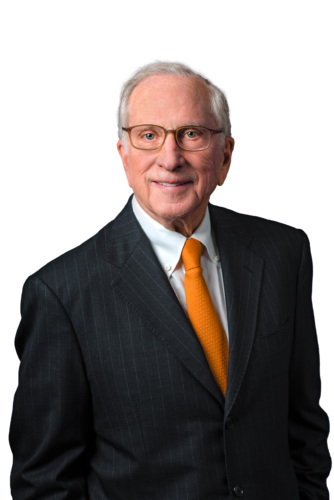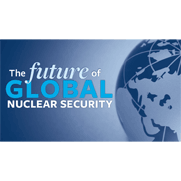Early in his first term in office, President Obama identified nuclear terrorism as "the most immediate and extreme threat to global security" and hosted the first Nuclear Security Summit in Washington, DC, with a goal to secure all vulnerable nuclear materials. Years later, supporters and critics of the Obama administration alike continue to underscore the importance of this task as focus turns now to the third Nuclear Security Summit, this time in The Hague in late March.
The 2014 Summit is being held at a time of both progress and peril in the international effort to secure the materials that could be used to build a nuclear bomb. Since 2012, seven countries have removed all or most of these dangerous materials from their territories, bringing the number of countries now storing weapons-usable materials down to 25, according to a new report out by the Nuclear Threat Initiative. Despite this progress, there is much work to be done. Terrorist organizations continue to seek weapons of mass destruction, materials are still stored at hundreds of sites with varying levels of security, and the International Atomic Energy Agency each year receives reports of more than a hundred incidents of theft and other unauthorized activity involving nuclear and radiological material.
What tangible results should we expect out of The Hague summit in two weeks? What work remains to be tackled by leaders over the next two years on the road to 2016? Is Congress a support or a hindrance? And as we approach the 5th anniversary of President Obama's Prague speech, laying the foundation for his broad nuclear agenda and addressing nuclear weapons in the 21st century, how is his legacy on nuclear issues taking shape?
Agenda
Welcome
Poppy MacDonald, Publisher and Co-President, National Journal Group
Elizabeth Sherwood-Randall, White House Coordinator for Defense Policy, Countering Weapons of Mass Destruction and Arms Control, National Security Council
Panel Discussion
-
Ambassador Kåre R. Aas, Norwegian Ambassador to the United States
-
Renée Jones-Bos, Secretary General Ministry of Foreign Affairs of the Kingdom of the Netherlands
-
Matt Bunn, Professor of Practice, John F. Kennedy School of Government, Harvard University
-
Rep. Jeff Fortenberry (R-NE), Member, U.S. House of Representatives
-
The Hon. Jane Harman (D-CA), Former Member, U.S. House of Representatives and President of the Woodrow Wilson International Center for Scholars
-
The Hon. Sam Nunn, Former Member, U.S. Senate and Co-Chairman and Chief Executive Officer, Nuclear Threat Initiative
-
William Tobey, Senior Fellow, Belfer
Moderated by: James Kitfield, Contributing Editor, National Journal and Senior Fellow, Center for the Study of the Presidency and Congress

